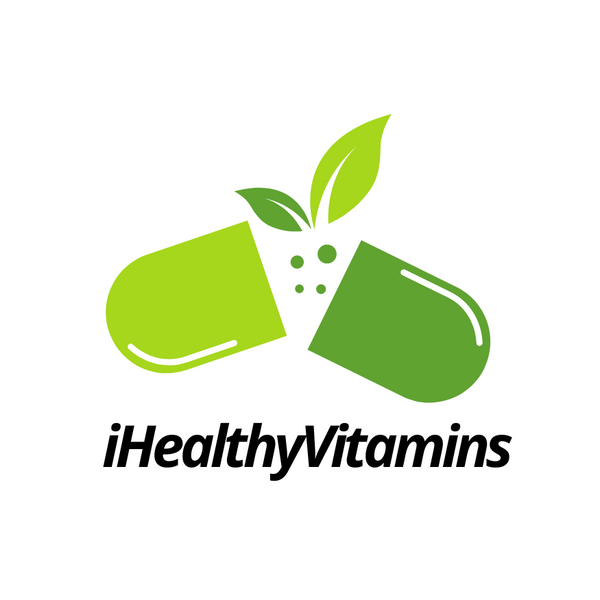|
Including foods with these essential nutrients in your diet helps your body fight disease and keep you healthy.
As temperatures drop, the threat of catching a cold or the flu rises. Now is the time to fight back, and one of the best ways to safeguard your health is by making the right food choices.
"Diet is one of the most powerful ways to support immune system, "says Kayrn Duggan, CNC, a certified nutrition consultant with One Medical Group in San Francisco. Healthy eating doesn't just offer short-term benefits- it has lasting impact on your health as well. A balanced, nutrient-rich diet can boost your immune system and help your body fight off illness and age well, according to research published in February 2012 in the journal Aging and Disease. HOW TO FEED YOUR IMMUNE SYSTEM Your immune system protects your body from harm, fighting off viruses, bacteria and parasites. It also recognizes when cells become unhealthy and does its best to fend off potential attacks from the diseased cells. A compromised immune system cannot work as well as one that is fully functioning, according to the National Institutes of Health, which is why you want to do what you can to keep it healthy. Eating a variety of healthful foods packed with these immune-system-enhancing nutrients is one important step you can take. Here are six nutrient powerhouses to include in your daily diet: 1. Vitamin A helps regulate and support the healthy development of immune cells. Liver, sweet potatoes (with the skin), and carrots are great sources of vitamin A. 2. B vitamins are found in whole foods, such as whole grains, squash, bell peppers, broccoli, kale, tomatoes, tuna, garlic, turkey, and salmon. “B vitamins are essential for energy production as well as stress tolerance and resilience, which are vital to healthy immune function,” Duggan says. 3. Vitamin C is important for healthy gums, and it helps heal wounds, reports the National Library of Medicine. “It affects various immune functions by enhancing white blood cell function and activity and increasing interferon levels, antibody responses, antibody levels, and secretion of thymic hormones,” which are important for a healthy immune system, Duggan says. All fruits and vegetables have some amount of vitamin C. Cantaloupe, citrus fruits such as oranges and grapefruits, red peppers, green peppers, and brussels sprouts are among the best sources of vitamin C, according to the National Library of Medicine. 4. Vitamin D binds to cell receptors all over the body, causing changes in cellular function, Duggan explains. A study published in Frontiers of Imuonology in 2013 found that the vitamin D receptor in combination with hormonally active vitamin D serves to regulate more than 900 genes that influence many physiological functions. Vitamin D also helps the body absorb calcium. The body can make vitamin D from exposure to the sun, and a few foods have naturally occurring vitamin D. Salmon, tuna, cod liver oil, and egg yolks, though, are some of the best sources. 5. Vitamin E is an antioxidant. It has the important role of protecting the thymus gland, which produces disease-fighting T-cells, and keeping these circulating white blood cells safe from damage, according to the National Library of Medicine. Duggan says vitamin E is especially useful when the immune system is under attack during times of oxidative stress and chronic viral illness. Good sources are raw nuts and seeds (and their oils), such as sunflower seeds, almonds, peanuts, and hazelnuts. 6. Zinc is a mineral found in foods such as oysters, poultry, red meat, beans, whole grains, and nuts. It's essential for the immune system to function properly. In fact, it helps develop and maintain the immune system, Duggan says. |


